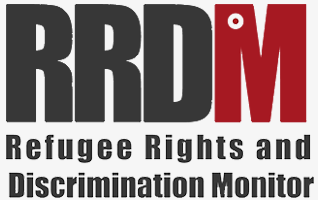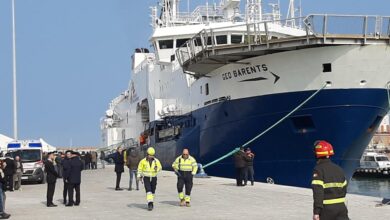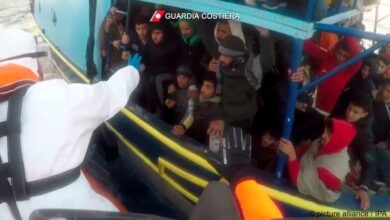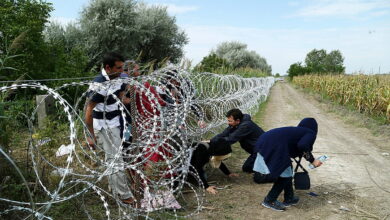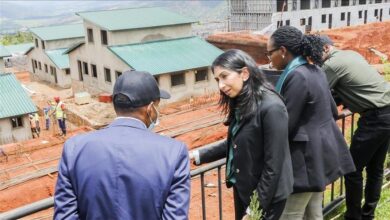Human rights ‘not fully protected in world,’ says head of Turkish Red Crescent
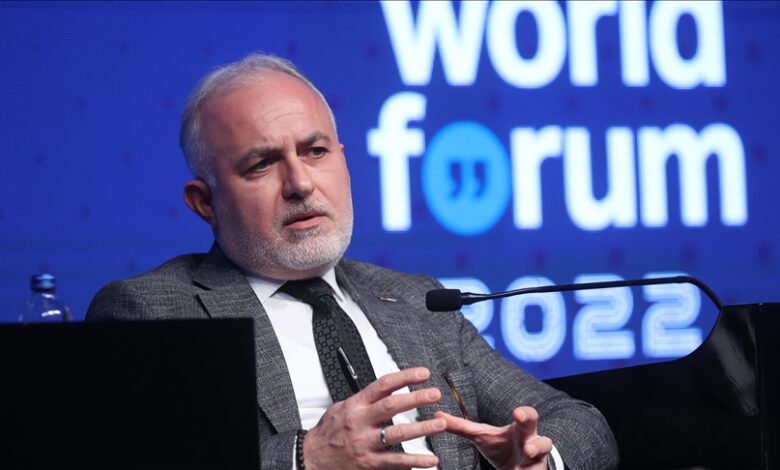
BY|Anadolu Agency
The head of the Turkish Red Crescent, or Kizilay, on Saturday, pointed out the dilemma in the protection of human rights worldwide.
In a session titled “Beyond Humanitarianism: Addressing the Global Migration Crisis,” Kerem Kinik said, “It is really difficult to say international community or mankind are able to protect human rights fully all over the world.”
Kinik added: “We as humanitarians are struggling with lack of finance, midterm and long-term financing of our programs to protect the dignity and provide basic human assistance shelter, food, healthcare, education and other things to people in need.”
He underlined that in many conflict areas, humanitarian actors are open to danger, saying, “There is no international protection.”
“Because the armed groups are generally non-state armed groups, it’s really difficult to expect them to apply international humanitarian law or international regulations,” he added.
Alongside Kinik, those attending the session were Gillian Triggs, UNHCR’s Assistant High Commissioner for Protection, Sadiya Umar Farouq, Honourable Minister of The Federal Ministry of Humanitarian Affairs, Disaster Management and Social Development of Nigeria and Koert Debeuf, Senior Associate Researcher at the Free University of Brussels.
The session addressed the present trend of migration and challenges faced by both host and source communities.
Willingness to disregard rights of every person to claim asylum
For her part, Triggs said that there is an extraordinary number that the UN and the UN Refugee Agency have never met before, referring to global migration.
Pointing out that they find a willingness for countries to disregard the rights of every person to claim asylum, she stated: “We have threats to asylum, we have pushed backs, we have denials of access to protection in a way that I think we’ve never seen before.”
However, Triggs added that there are also some inspiring examples of protection, such as Columbia offering nearly two million people temporary protection and a pathway to citizenship.
Asked about Nigeria’s immigration dilemma, Farouq said that her country Nigeria faces multidimensional issues of migration.
“We have our own complex crisis as a result of the insurgency in a part of the country, which leads to people being displaced. People cross the borders as refugees to other neighboring countries. And also, as a result of the crisis in the Niger Delta, people get displaced.”
She stressed in order to address these issues, Nigeria has developed frameworks and legal institutions to see that this crisis, or this mixed migration issue, is tackled in a very well-coordinated manner.
Meanwhile, Debeuf pointed out that migration is seen as a big problem and a crisis, but nobody is looking into what are the positive aspects of it. “I think there are many, and I think there are many unknowns.”
The TRT World Forum 2022, a two-day annual event, started in Istanbul on Friday.
The gathering, which is held under the theme of Mapping the Future: Uncertainties, Realities and Opportunities this year, brings together academics, journalists, intellectuals, politicians, and members of civil society from around the globe.
Nearly 100 speakers and over 1,000 participants from nearly 40 countries are attending the forum, according to Mehmet Zahid Sobaci, the director general of TRT, Türkiye’s public broadcaster.
The forum featured sessions on various subjects, such as the Ukraine-Russian war, global migration, and the energy crisis, as well as disinformation.
The event was held in person this year after it was held virtually for the past two years due to the COVID-19 pandemic.
